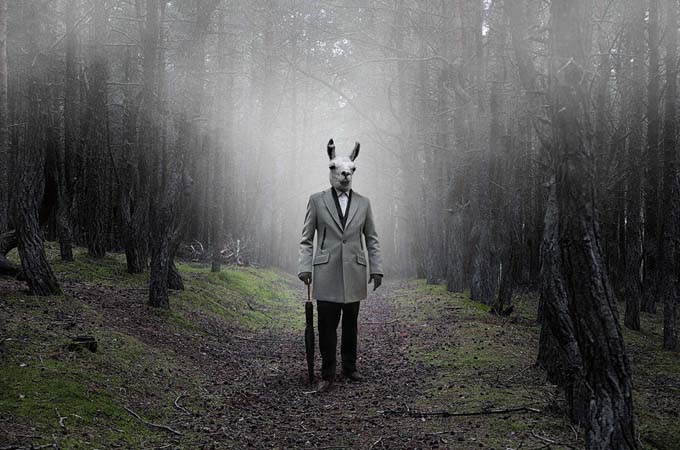Edited by DeShawn
When you pull your eyes away from the page to discover that hours have magically slipped away—that’s bliss. Suspension of disbelief can be nirvana for readers, and the summit of Mt. Everest for the authors who generate it. What readers and authors often forget is that suspension of disbelief isn’t the only way to savor a story.
Your English Teacher Was Right
I’ll be the first to admit that I have a blast when I’m reading a book and the words on the page spring to life as vivid images and scenes in my mind’s eye. Brian Jacques, with his Redwall series, was the first author to pull me into another world in this way. It’s not as if I thought the adventures of the fearless mice and badgers were true to life, but even as a grade-schooler, that didn’t stop me from believing in his characters.
Do stories need to be “believable” to earn a readers’ love? Not really, but they should be relatable. Think about it: when you recognize an allegory or draw parallels between the story and your life, you’re actively leaving the story to make these connections. To call back to my high school English class, how can you admire the Biblical allegory woven into The Lord of the Flies unless you force yourself to think about the book as what it is: a work of fiction?
The high-schooler in me protests against the reading-for-subtext strategy, but when I channeled the spirit of Martin the Warrior to guide me through my preteen tribulations, I recognized the character as fiction. My most beloved stories were never more artificial than when they were having the greatest and most direct impact in my life. I had to disbelieve to fall in love with the story.
The Stories Our Brain Tells Us
Our brains can take an obviously fake experience, twist it around, and make it real. This is just how our brains work. I’m not going to argue philosophy here, but if our brains call something real, does it matter if we really believe it or not? That’s one of the miracles of the placebo effect.

The brain’s ability to heal us without any outside help is the reason why some people do feel better after buying that bottle of Miracle Tincture ™©® from that nice man they met in the street. Literal snake oil could cure what ails them because that man made them believe it would. It’s the same reason why crystal healing can give you a boost, even though no amount of quartz will change your resonant frequency. Our brain turns artifice into reality.
Suspension of disbelief would still be nonnegotiable for an effective story if that was all the placebo effect could give us. To make the person live what they’re reading, the reader would have to believe in the story. However, placebos deliver a second miracle.
New research shows that the placebo effect works even when people know they’re getting a placebo. A doctor can give you a fake pill, tell you it’s fake and, chances are, you’ll still feel better. Belief is not a necessary part of the placebo effect.
As a neuroscientist, I find this hilarious. It’s like our brains are punking us. You don’t want this pill to work? Joke’s on you. It’ll cure your pain whether you want it to or not! As an author, I find it illuminating.
Reach Hearts and Minds With the Absurd
If I can learn to love a talking mouse who fights weasels alongside its badger brethren, you can capture the hearts of your readers with aliens who conquer humanity with dog pheromones. You can string readers along with a relatable tale of a sentient refrigerator saving the whales. Like the placebo effect, you don’t have to make readers believe they could run into your protagonist on the street to make them feel something real.

You can patch up every possible plot hole and inconsistency. You can embrace the absurd. You can even ignore the laws of physics. Heck, you can do all of the above, but it would still be the characters who draw your readers in. Those characters will be who we love and remember.
Years later, I can still recall the honorable mice and formidable badgers written to be my animal avatars, not the medieval abbey they lived in. As long as your characters are worth believing in, you’ll earn readers who believe in you.



